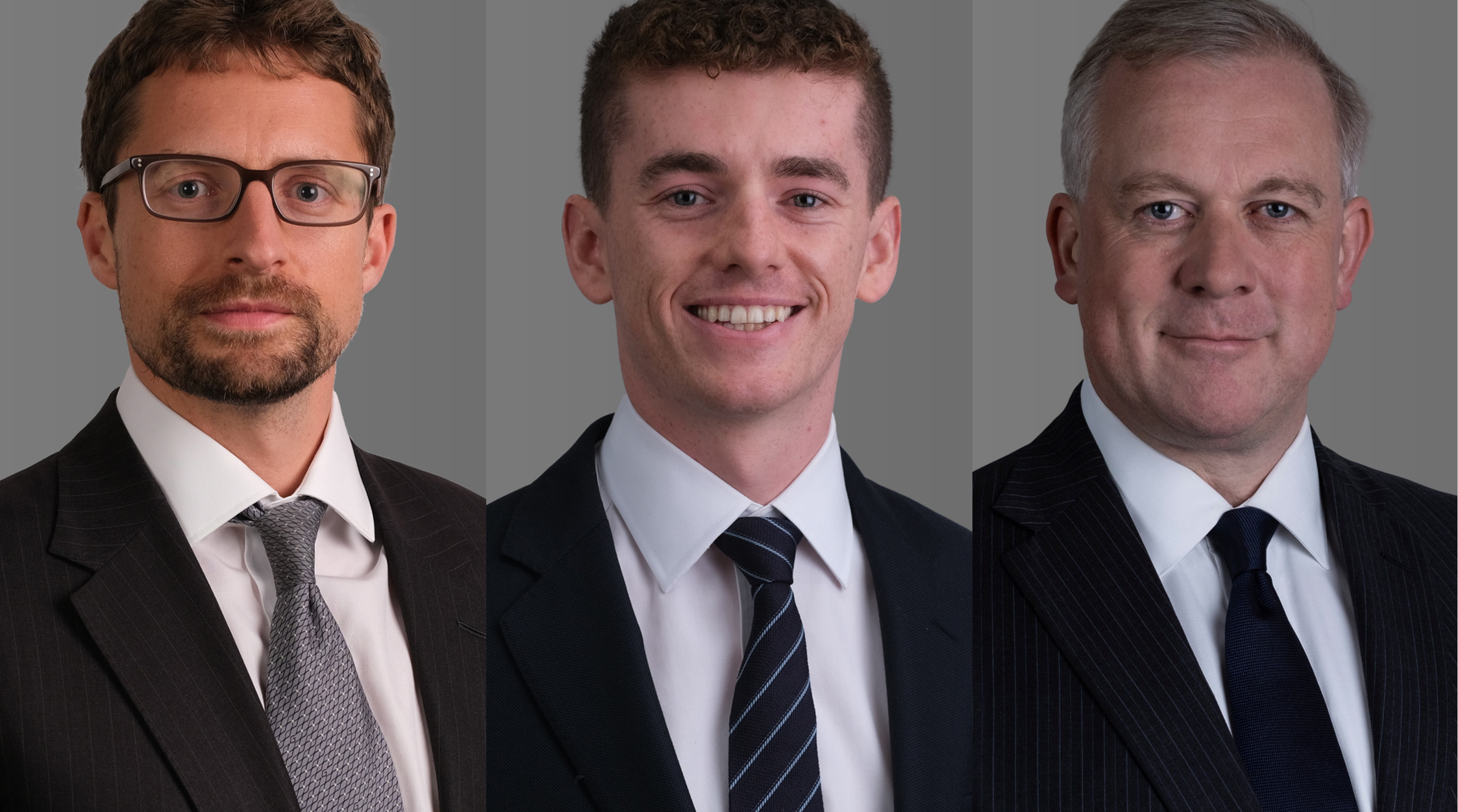
Nico Leslie and Christopher Monaghan represented the successful respondent in Commission Recovery Limited v Marks and Clerk LLP [2024] EWCA Civ 9. Ben Valentin KC has also been closely involved in the proceedings for CRL.
The appellants were Marks & Clerk LLP (“M&C”), a firm of patent and trademark attorneys, and a related partnership. The respondent, Commission Recovery Limited (“CRL”), issued claims based on allegations that M&C made referrals of clients to external renewal service providers without disclosing that M&C or its related partnership were receiving secret commissions for the referral of that business. It alleges that M&C and the related partnership are liable to account for the amount of those commissions.
The issued claims were brought on a representative basis further to CPR 19.8, which allows a person to commence claims on behalf of a class of persons who have the same interest. This was necessary because the claims are for relatively modest amounts in isolation, but the claims of the class together have a value of several tens of millions of pounds such as to be economically viable. The claim is a rare example of a funded CPR 19.8 claim.
At first instance, the defendants applied to strike out the claims on grounds that, inter alia, (i) the proposed class members did not have the ‘same interest’ for the purposes of CPR 19.8(1); and/or (ii) the Court should exercise its discretion to direct that CRL should not act as a representative further to CPR 19.8(2). Mr Justice Robin Knowles CBE dismissed each aspect of the defendants’ application on 24 February 2023: [2023] EWHC 398 (Comm).
The defendants appealed against that decision in so far as it related to the representative aspect of the claim. They brought a wide-ranging challenge contending that the Judge had misunderstood the nature and effect of CPR 19.8 and raised a series of objections as to the requirements for pleading and pursuing a representative claim. They also alleged the existence of potential conflicts between class members and alleged that the Judge’s decision was inconsistent with the decision of the Supreme Court in Lloyd v Google LLC [2021] UKSC 50.
The Court of Appeal (Nugee LJ, with Sir Geoffrey Vos, Master of the Rolls, and Snowden LJ agreeing) dismissed the appeal and in so doing has provided significant guidance as to the requirements for a representative claim under CPR 19.8 and the meaning of the decision in Lloyd v Google LLC. The Court held that the class was sufficiently certain, and there was a common issue in which all members of the class have the same interest. In that respect, the Court has made clear that there is nothing wrong in principle with resolving common issues on a representative basis even if they do not lead to a conclusion on liability.
The Court also rejected the appellants’ argument that the Particulars of Claim must set out the facts and matters necessary to establish the cause of action of each member of the class. Nugee LJ stated that individualised pleading of each class member’s claim was not necessary at this stage and may, contrary to the defendants’ submissions, never be necessary in a representative action. The pleading clearly set out the case that the defendants had to meet.
Turning to discretion and case management, the Court was persuaded that the case could proceed under CPR 19.8 on an ‘opt-out’ basis. Specifically, it is for the representative under CPR 19.8 to decide if the claim it advances is worth pursuing. While the Court has a discretion to prevent its resources being wasted, it should be slow on such grounds to prevent a claimant with an arguable case from taking it forward. The claim is nonetheless understood to be the first commercially funded claim under CPR 19.8 that has been allowed to proceed in this way.
The full judgment can be found here.





